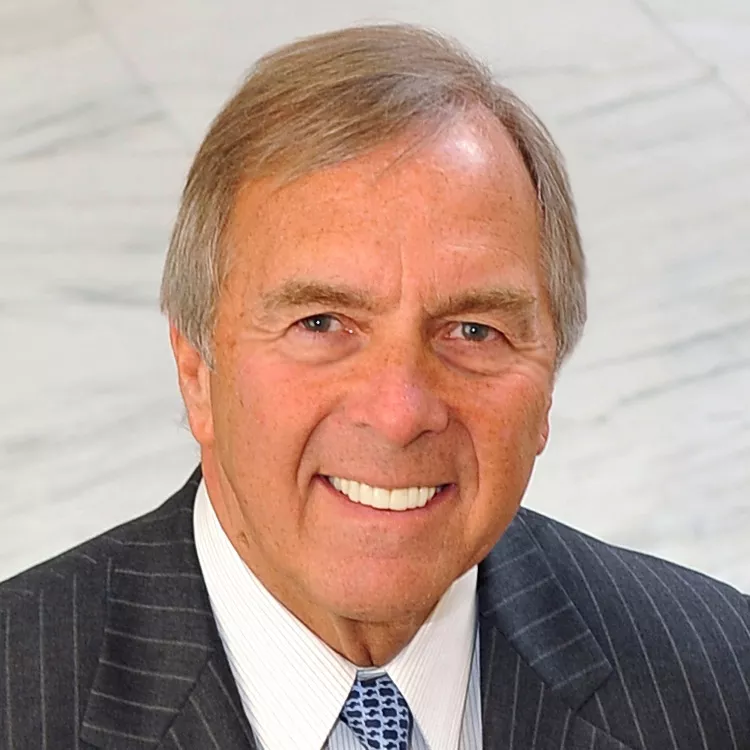Florence, Italy, is a magical place with centuries of rich history. It offers foods that delight the soul and vistas that stir emotions. Gonzaga University students, and college students from scores of other universities with campuses there, have an opportunity to broaden their knowledge about a country that charms the senses, exposes them to European culture and allows comparison with other governmental systems, hopefully preparing them to be the next generation of American leaders who appreciate the volatility and dynamics of international relations.
Italy's economy is Europe's fifth largest, dwarfed by a United States economy eight times larger. With 61 million people and a GDP of under $2 trillion, few would consider Italy a global leader. Centuries older than America, Italy has been conquered by neighbors and carries the stain of Fascism from World War II. Its coalition-style, parliamentary governmental system, its relatively new constitution (1947), its former corrupt leader (Silvio Berlusconi) and a reputation for corruption throughout its political system are important for college students to understand.
I spoke recently with three classes of GU students and faculty on the Florence campus, confirming to students that they're America's next generation of leaders and urging them to make service a part of their lives, in keeping with the spirit and culture of Gonzaga University. As potential national leaders, they'll need to understand the importance of adhering to guiding national principles.
Since the mid-1600s, Europe has largely operated under a world order that respects the sovereignty and borders of neighboring nations. That world order has been replaced by a present world order not yet finalized, but which must take into account governments such as Iran and groups like ISIS. The challenge for these young adults will be how to adhere to a set of modern principles, goals and national values that reflect the freedom and democracy that have made America great — values the U.S. has routinely exported.
Here are questions, originally propounded by international expert Henry Kissinger, that I asked GU students to ponder in classrooms devoted to the study of marketing practices and the ethics of global climate change. By 2040:
What should the U.S. seek to achieve, even if we do so alone, without multilateral support?
What should the U.S. seek to prevent, even if we do so alone, without multilateral support?
What should the U.S. seek to achieve and prevent, if we are encouraged to do so with the support of multilateral groups or coalitions of other nations?
What principles and values should guide American foreign policy?
I told students that world order had attained an international equilibrium where nations of the world generally accept other nations' sovereignty and borders in multilateral dealings. When Germany under Adolf Hitler and Fascist Italy became aggressive, war broke out with opponents of aggression, and upset the international equilibrium. After a period of war, equilibrium was restored and freedom prevailed.
Today, world leaders, and future generations of leaders, need to determine whether a common set of new standards, incorporating American values as answered in the questions above, can be reached. It will take courage, careful articulation, public approval and national persuasion by leaders to reach accord, so that the historical American values of freedom, individual liberty, democracy and other founding principles can be perpetuated. What can countries of the world with differing values agree upon to prevent war?
While it's important to educate our children about the urgency of climate protection in a way that doesn't devastate the American economy, global climate change may not be an issue over which future America goes to war. College students must be politically schooled in history, government, economics and foreign policy if they are to be principled future leaders.
We're entering a tricky period of international relations. Summits between nations occur with few solid agreements reflecting internationally accepted principles. It may be that America, with the military might to act as the only bulwark against aggression and oppression by other nations, may have to act alone to prevent world disorder.
Gonzaga University students, and others studying abroad, with the knowledge they gain from living in a foreign country, may be our only hope for a world order that reflects American values that have sustained the United States for 238 years. Despite questionable alliances and retrospective missteps the U.S. has made over time, those values have created the world's greatest economy, military power and socially progressive and culturally strong national identity.
Future leaders who study and understand the world and know America's past will think carefully about America's future. ♦

